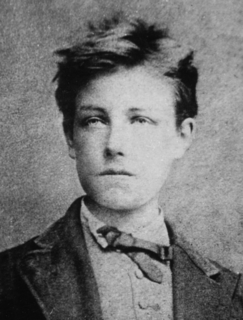A Quote by Anne Lamott
You simply keep putting down one damn word after the other, as you hear them, as they come to you. You can either set brick as a laborer or as an artist.
Related Quotes
You can either set brick as a laborer or as an artist. You can make the work a chore, or you can have a good time. You can do it the way you used to clear the dinner dishes when you were thirteen, or you can do it as a Japanese person would perform a tea ceremony, with a level of concentration and care in which you can lose yourself, and so in which you can find yourself.
People say if you keep making work and keep putting it out, better things will come. I think artists should never forget that. I think that's what you have to be committed to if you're an artist, that's where the good feelings come from. It's so easy to get caught up in other stuff, like the business part of it. If you just have to be aware, just keep putting it out there.
In a word, learning is decontextualized. We break ideas down into tiny pieces that bear no relation to the whole. We give students a brick of information, followed by another brick, followed by another brick, until they are graduated, at which point we assume they have a house. What they have is a pile of bricks, and they don't have it for long.
There's a perception that if an artist produces another artist, they're going to imprint on them. But I'm the opposite. I want to hear that artist; I don't want to hear me - that's the last thing I want to hear. There are a lot of technical studio things I've learned or figured out, and I feel like I could use those things to help other people with what they're doing.
...You have to pass an exam, and the jobs that you get are either to shine shoes, or to herd cows, or to tend pigs. Thank God, I don't want any of that! Damn it! And besides that they smack you for a reward; they call you an animal and it's not true, a little kid, etc.. Oh! Damn Damn Damn Damn Damn!
I set goals, but they're mostly very personal goals. I never try and set a goal where 'I want to win this,' or 'I want to do this,' where other people can affect what I do. If I want to swim a new best time, I sit down and work out the best way of doing that. Whether I can shave a few tenths of a second off a turn or the start, my goal is putting them all together in a race. That's the way I set my goals.






































